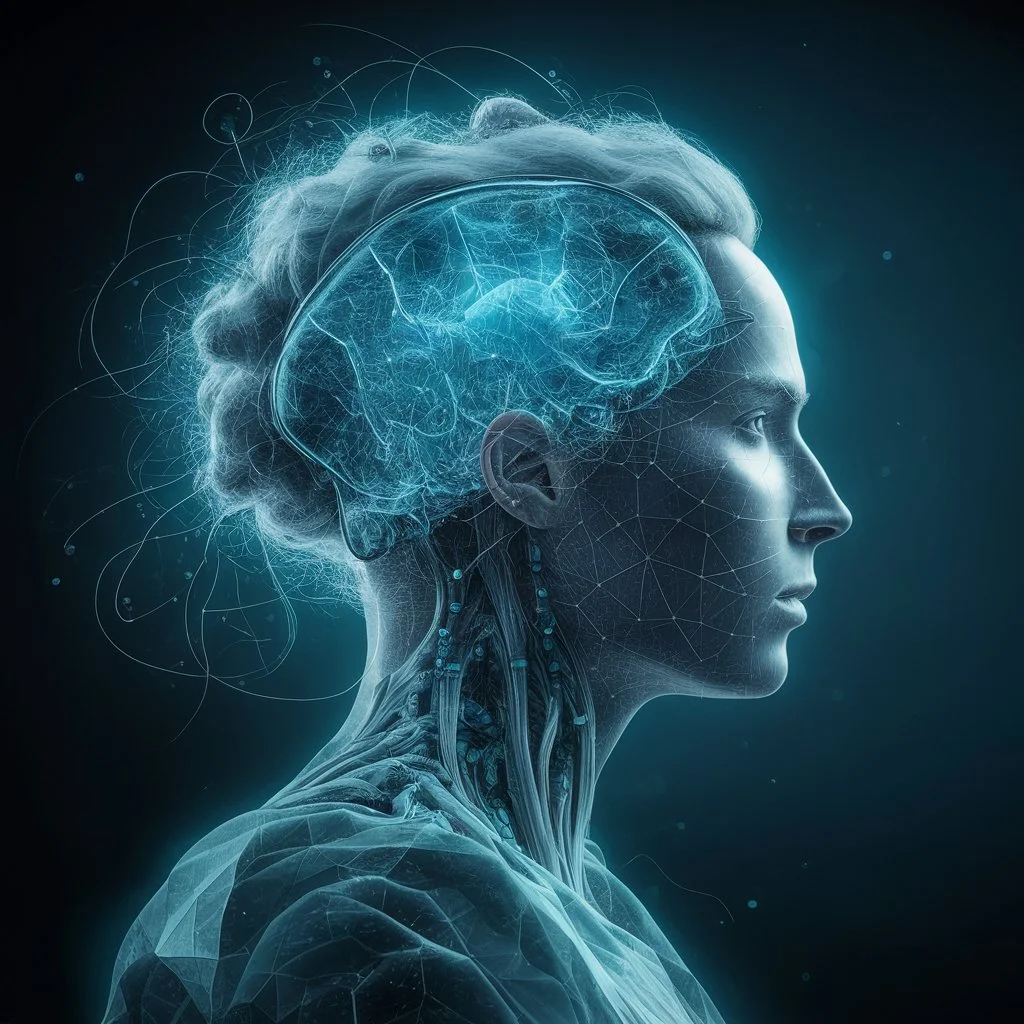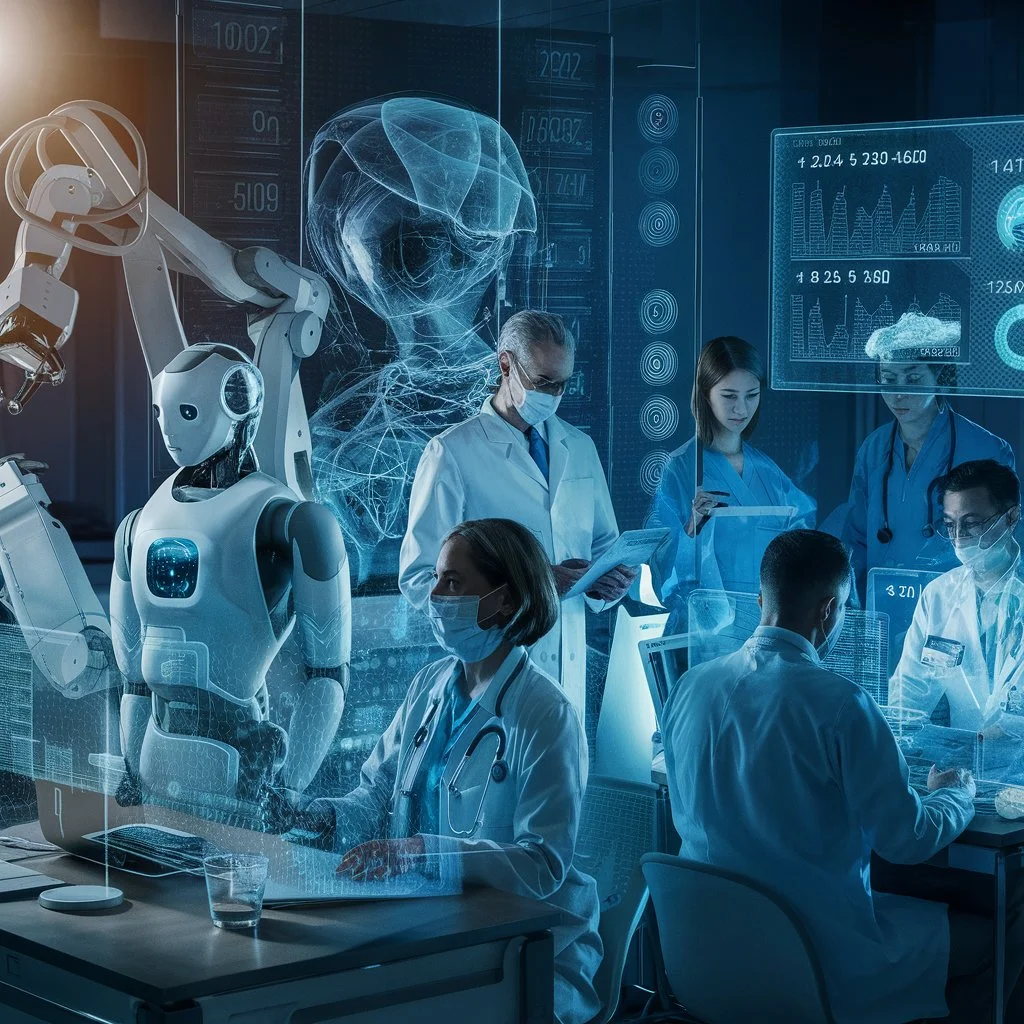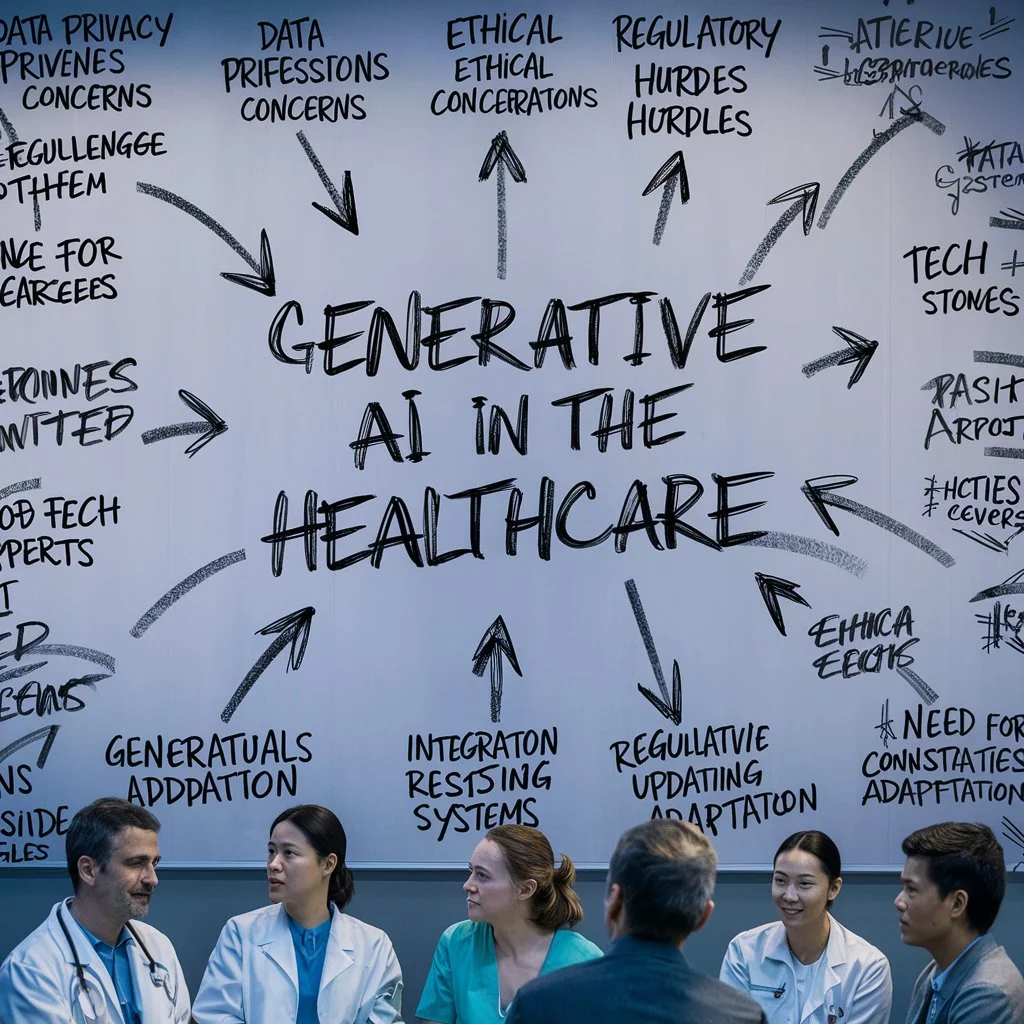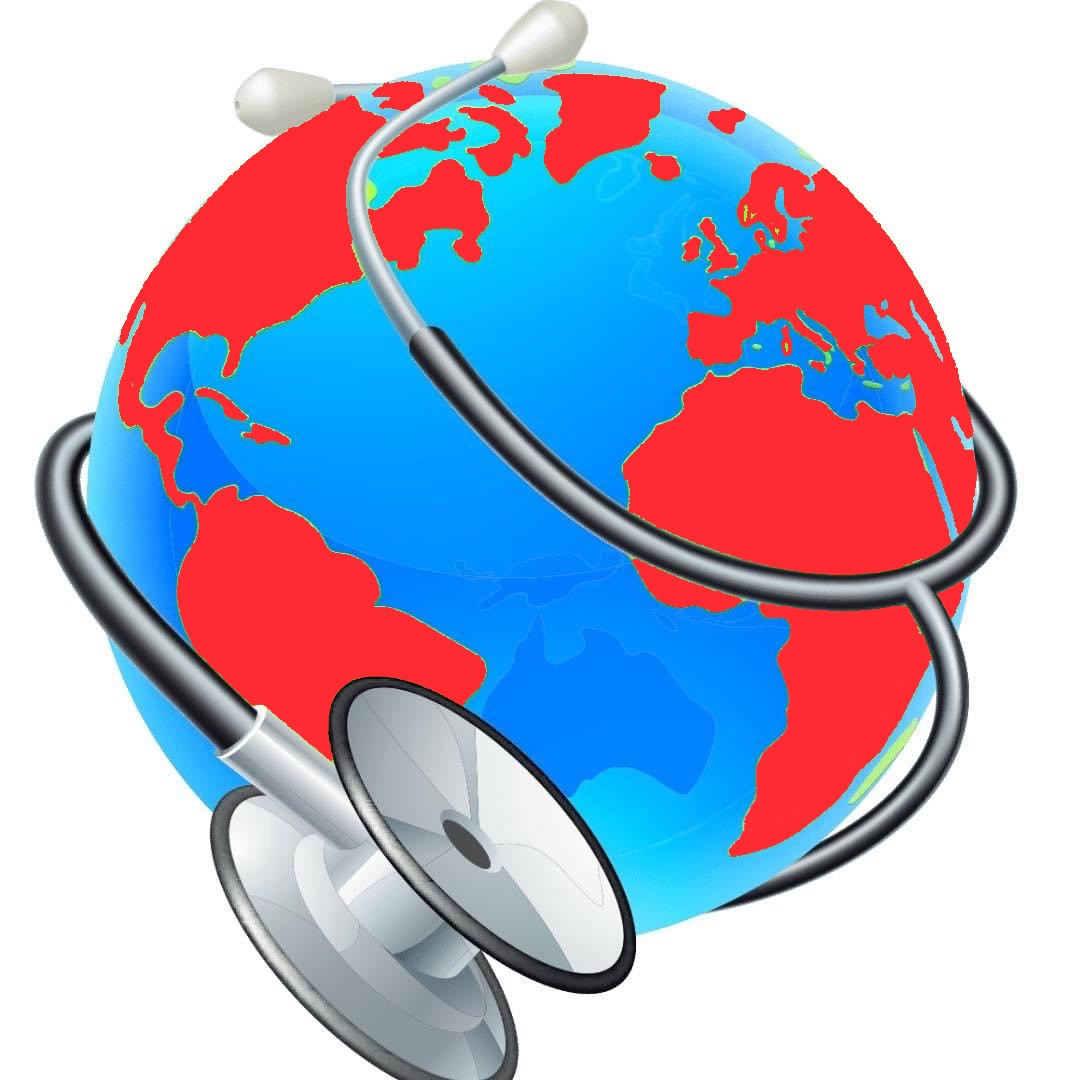
Generative AI is transforming healthcare! The healthcare industry has encountered multiple obstacles recently, including inefficient administrative processes and complex medical diagnoses. The industry required an innovative technology that could completely transform it. Artificial Intelligence and its applications, particularly generative Ai, provide hope for the healthcare sector.
The revolutionary abilities of generative AI have transformed the healthcare industry. According to a report, the Global Generative AI in the healthcare market is projected to reach $17.2 billion by 2032. These statistics demonstrate the significant impact of generative AI in healthcare.
Healthcare is used for various purposes, including forecasting staffing needs in emergency departments and predicting effective patient treatments. It’s not only healthcare executives who recognize the potential; patients are also supportive.
You may be curious about the innovative technology and Generative AI use cases in healthcare. Today, we will focus on generative AI and ten ways to benefit from generative AI in the healthcare industry.
What is Generative AI?
Artificial Intelligence can generate new content, such as images, text, music, videos, etc. Its method involves the utilization of machine learning algorithms to arrange unstructured data. Examples of unstructured data include medical images, patient health records, and audio recordings of consultations.
Moreover, it can streamline manual operations, boosting employee productivity. Forbes states that generative AI can potentially reduce the US medical sector’s yearly expenses by $200 billion or more.
How does Generative AI work?
Generative AI, also referred to as Generative Artificial Intelligence, is an AI type that specializes in generating new content or creating synthetic data such as text, images, and more. Deep learning techniques enable generative AI algorithms to learn from extensive data and create new content resembling the input data.
10 Benefits of Generative AI in the Healthcare Industry
1.Interpreting And Diagnosing
AI in healthcare offers a significant advantage by improving diagnostic speed and accuracy for clinical decisions. By rapidly processing extensive data, AI empowers healthcare providers to enhance disease diagnosis and treatment while offering evidence-based recommendations for well-informed patient care decisions.
Radiologists are utilizing NLP to enhance their work and enhance scan interpretation. Through the analysis of X-rays and MRIs, AI can uncover overlooked patterns and anomalies, resulting in more accurate and timely diagnoses. Jan Makela, the president and CEO of imaging at GE Healthcare, highlights that AI technology allows them to achieve images with 30% increased speed and enhanced quality and resolution.
2. Routine information gathering
By interacting with patients using understandable language, generative AI can improve information collection and reporting, resolve uncertainties, and summarize data for healthcare providers. AI can help healthcare providers gather patients’ medical histories by asking targeted questions conversationally.
Another benefit of AI is its capability to utilize health information exchanges (HIEs) to retrieve patient medical records, analyze them, and generate relevant inquiries based on the patient’s medical background.
For Example, by cross-referencing a patient’s medication list and current health complaints, AI can determine if patients adhere to their prescribed regimens or have discontinued conflicting medications because of new prescriptions. This process allows physicians to access a more comprehensive patient medical history, leading to better care.
Furthermore, patients familiar with AI applications in different contexts may find it more seamless to adjust to and have confidence in similar AI technologies in healthcare. The capabilities of current generative AI technologies make them a good fit for the repetitive and low-risk tasks carried out by these AI systems. These systems are skilled at handling these processes and perform satisfactorily within this area.
3. Drug Discovery Acceleration
Conventionally, the process of drug discovery has been both time-consuming and expensive. The game is being changed by generative AI, which predicts potential drug candidates faster and more accurately. Not only does this expedite drug development, but it also lowers expenses.
4. Improving patient Communication And Engagement
AI chatbots and virtual health assistants can answer patient queries, provide information, and offer support as effectively, if not more so, than humans.
The feasibility of utilizing ChatGPT or LLMs to respond to extensive inquiries in electronic health records was examined by NYU researchers in a study. By finding that patients couldn’t differentiate between AI and human-generated answers, researchers concluded that LLMs help simplify patient interactions.
AI also receives positive feedback for its bedside manner. According to a study in JAMA, ChatGPT responses were preferred over physician responses about 79% of the time, receiving higher ratings for quality and empathy.
5. Virtual Health Assistants
The healthcare industry is seeing a rise in the popularity of AI-powered virtual assistants. These assistants enhance patient engagement and adherence by providing medical information, scheduling appointments, and reminding patients to take their medications.
6.Administrative Efficiency
Healthcare facilities are experiencing the advantages of using Generative AI to simplify administrative tasks. With minimal human intervention, AI-powered systems can handle appointment scheduling, billing, and insurance claims processing, thus lowering administrative overhead.
7.Risk Prediction of Pandemic Preparedness
National Geographic reports that the number of viruses surpasses the number of stars in the universe, with an average of two new human virus species annually. The global pandemic has demonstrated how a virus without prior immunity can escalate rapidly, resulting in millions of deaths.
Scientists rely on generative AI models to understand the societal impact of catastrophic events, such as modelling pandemics and devising preventive measures. For Instance, large quantities of protein sequences are being used to train new generative AI models, enabling the identification of antibodies to combat infectious diseases and assist in responding to outbreaks.
8.Predictive Maintenance of Medical Instruments
The predictive maintenance of medical instruments is a significant application of Generative AI. Hospitals can use this technology to anticipate equipment failures before they occur. Identifying and resolving issues before they occur ensures cost savings and proper healthcare for patients with appropriate medical equipment.
9.Enhanced Telemedicine
The telemedicine industry has experienced a significant rise in popularity thanks to the vital contribution of Generative AI in enhancing the telehealth experience. AI algorithms can support healthcare providers by offering real-time insights and recommendations during virtual consultations.
10.Improving Access To Care
AI-powered data analytics help healthcare leaders understand patient populations, enabling them to identify high-risk groups and improve care for specific community needs.
Chatbots and virtual health assistants enhance the accessibility of healthcare resources. Many patients now receive medical consultations and care remotely, thanks to AI-powered telemedicine platforms, eliminating the need for physical travel to healthcare facilities.
What are the Possible Obstacles to Applying Generative AI in the Healthcare Field?

While there is promise for generative AI in healthcare, challenges and concerns are associated with it. Take a look at these examples:
Privacy and Security:
Stricter regulations for increased security now govern patient privacy in healthcare. Using generative AI raises concerns about safeguarding sensitive medical data and preventing unauthorized access or misuse.
Bias and Discrimination:
Non-representative healthcare data can lead to bias and discrimination in generative AI algorithms. Unfair or inaccurate medical decisions can disproportionately affect marginalized groups, such as women and non-white populations.
Misuse and Over-dependence:
Incorrect or harmful medical decisions can be made through the inappropriate use of generative AI algorithms. There is a possibility that healthcare professionals might excessively depend on these algorithms, which could hinder their ability to make independent judgments.
Ethical Considerations:
Integrating generative AI in healthcare raises ethical dilemmas, specifically regarding its impact on employment and job roles within the sector.
Besides the risks mentioned earlier, the exorbitant expenses present another challenge in adopting this technology. Although generative AI has the potential to decrease costs, experts have stated that it necessitates substantial resources, such as time and money, to create, train, optimize, manage, and update models.
Is AI genuinely beneficial for the healthcare industry, or is it hype?
AI has a transformative impact on healthcare, improving patient outcomes and streamlining operations. For Instance, using AI, Google’s DeepMind was able to predict acute kidney injury 48 hours before its occurrence, potentially leading to life-saving interventions.
However, AI has its disadvantages, particularly when it comes to data security and mental care. For Example, a man from Belgium tragically ended his life after prolonged interaction with an AI chatbot, discussing the climate crisis.
Your chatbot was created using EleutherAI’s GPT-J, which is comparable to OpenAI’s well-known ChatGPT. Although AI integration has advantages, recognizing its limitations and risks is essential.
What is the Future of Healthcare and AI?
The more technology advances, the more evident the potential of AI in healthcare becomes. AI has the potential to enhance healthcare greatly by improving patient care, lowering expenses, and boosting operational efficiency.
There is a strong optimism about the next decade as AI prepares to revolutionize diagnostics. AI-powered systems enable the rapid and accurate analysis of large datasets, which leads to more precise diagnoses and personalized treatment plans. Moreover, AI can track patients’ well-being and predict future health concerns. It could completely transform the healthcare landscape.
Conclusion:

The significance of Generative AI in transforming healthcare must be considered. Generative AI drives the industry forward by enabling early disease detection, personalized treatment plans, acceleration of drug discovery, and administrative efficiency. It’s vital to team up with a Generative AI development company that grasps the subtleties of this technology.
We must acknowledge that AI’s role in healthcare is far from complete, especially as we navigate the crossroads of technological advancement. Each day, technology moves forward, presenting new opportunities for groundbreaking applications of clinical AI. The way we receive and provide medical care will keep changing due to these developments.
AI holds boundless possibilities. It has the potential to revolutionize healthcare by making it accurate, personalized, and accessible to all. It is necessary to notice these changes. Everyone will have a healthier and brighter future because of their leadership.
